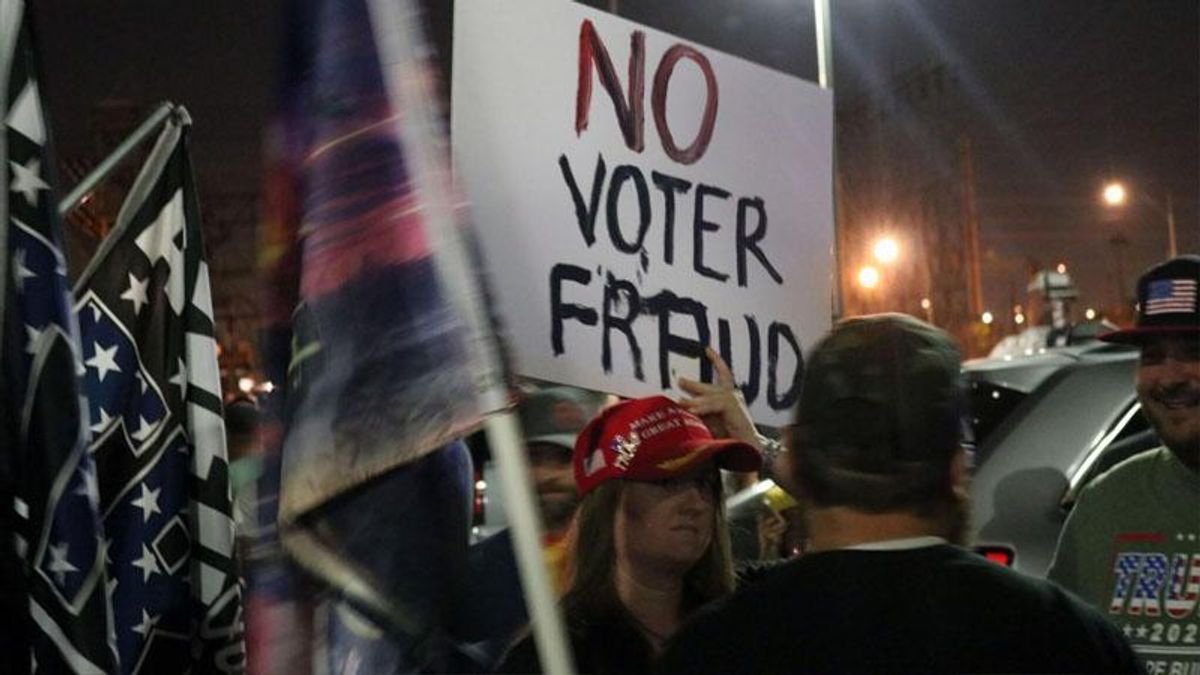
The Justice Department has prioritized the protection of election workers from waves of threats they have received since Donald Trump's election loss in 2020.
More than a dozen people have been charged with threatening election workers after the department established a task force in 2021, led by its public integrity section, and one of that unit's top-ranking officials told the Associated Press that federal investigators hoped those prosecutions would deter others from threatening workers tasked with overseeing votes.
“This isn’t going to be taken lightly, it’s not going to be trivialized,” said John Keller, the unit’s second in command. “Federal judges, the courts are taking misconduct seriously and the punishments are going to be commensurate with the seriousness of the conduct.”
POLL: Should Trump be allowed to run for office?
The unit has filed 14 cases, with two resulting in yearslong prison terms for an Iowa man who threatened to "hang" an Arizona election official and a Texas man who suggested a “mass shooting of poll workers and election officials."
“Someone needs to get these people AND their children," said Frederick Francis Goltz, of Texas, who was sentenced to three and a half years in federal prison. "The children are the most important message to send.”
The threats tend to come in waves in response to social media posts by prominent figures in the election denier movement or blog posts on far-right websites, according to Colorado Secretary of State Jena Griswold, but she worries they haven't been prosecuted vigorously enough.
“I anticipate it will get worse as we end this year and go into the presidential election next year,” Griswold said. “Do we have the best tools to get through the next period of time? Absolutely not."
About one in five election workers know someone who left their job for safety reasons, and 73 percent of local election officials say harassment has increased since the 2020 election. But Keller said most of the 2,000 reports of threats or harassment have not resulted in charges because the communication must be considered a "true threat" that shows a serious intent to harm.
READ MORE: James Comer's Biden probes may cost him shot at replacing Mitch McConnell in Senate: report
“We are not criminalizing or frankly discouraging free speech by actions that we’re taking from a law enforcement perspective,” Keller said.
But they've been unnerving enough to drive many workers out of election oversight, which leaves behind an inexperienced and often understaffed workforce to conduct next year's election.
“Many are deciding it’s just not worth it to stay,” said Dokhi Fassihian, the deputy chief of strategy and program at the nonpartisan Issue One, which represents election officials.




